Charlotte Sleigh is Reader in History of Science at the University of Kent and Director of the Centre for the History of the Sciences. She is co-director of the MSc programme Science, Communication and Society.
Most commented posts
- Decolonizing the teaching of HSTM — 2 comments
- Whewell and the coining of ‘scientist’ in the Quarterly Review — 2 comments
- How I came to study Science Communication and do research on Extinction Rebellion — 2 comments
- Science criticism, or, what is this thing about science called? — 2 comments
- Food science: then and now — 1 comment


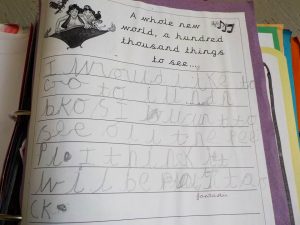
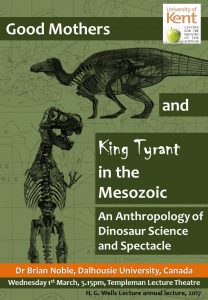
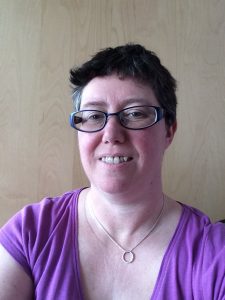
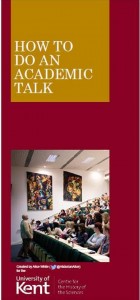
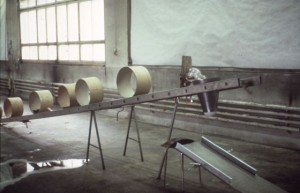
Recent Comments